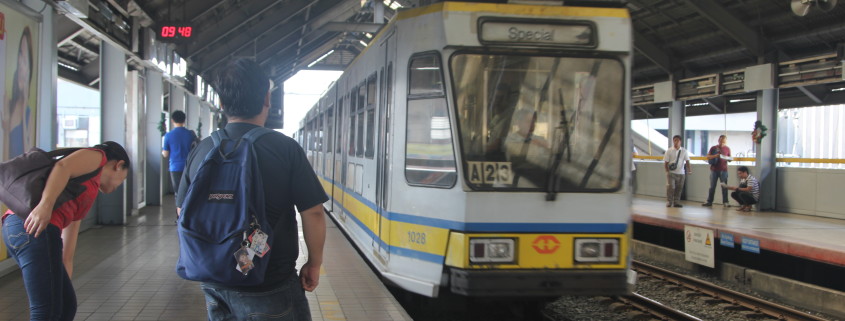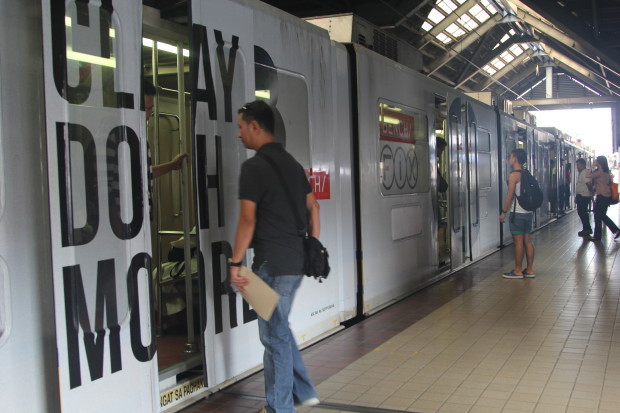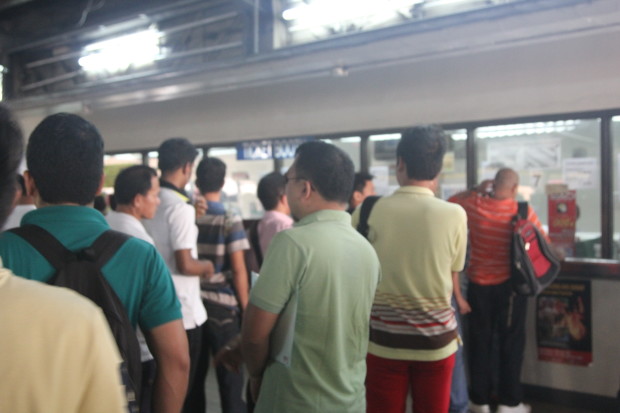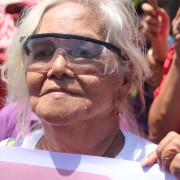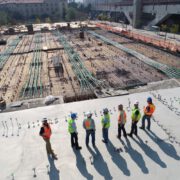LRT-MRT FARE HIKE WILL NOT GO TO TRAIN IMPROVEMENTS, GROUP REITERATES
The argument that the fare hikes for LRT 1 and 2 and MRT 3 are justified because it will go to the much-needed improvements for the train system is erroneous, research group IBON reiterated. It added that this claim is meant to appease growing opposition over the unreasonable and unjust fare hikes.
No less than the Department of Transportation and Communication (DOTC) admitted that the MRT fare hike would go not to the much-needed improvements of the infrastructure, amid glitches and breakdowns, but to serve government’s questionable financial obligations to the MRT Corporation (MRTC).
The DOTC announced the fare increases over the holiday break, which has sparked public outrage. IBON has stressed that the current fares are enough to cover the operation and maintenance (O&M) costs of the light rail transport systems.
According to the group, low fares are not the reason behind bloated government expenses for the LRT/MRT. In the case of MRT, the costs swelled because of the onerous financial obligations of government arising from its build-lease-transfer (BLT) contract with the privately owned MRTC. Under the BLT, government agreed to pay for the guaranteed annual 15% return on investment (ROI) of the MRTC in the form of equity rental payments (ERP), as well as the settlement of MRTC’s tax liabilities.
Based on latest available data, these financial obligations under the BLT comprise about 81% of total MRT 3 expenses, while only 19% go to O&M. It should be noted that half of the projected Php2-billion ‘savings’ that government expects to generate from the fare hikes will come from the MRT.
For LRT 1 and 2, bulk of the expenses goes to their debt servicing with more than 47%, based on latest available data. Government, through the taxpayers’ money, shoulders these expenses since the LRT system is a public investment.
But what makes the fare hike more unjust, particularly in the case of LRT 1 that has been recently privatized, is that the people will bear an increasing share of the debt-servicing burden even as the system generates private profits for the consortium of the MVP-Ayala group and their foreign partners. The consortium won the LRT 1 public-private partnership or PPP project last year.
According to IBON, it is clear that there is no need for a fare hike if government will fulfill its mandate of providing a reliable and affordable mass transportation system. The group stressed that mass transportation should be measured not in terms of commercial viability but on its contribution to citizens and the economy. (end)
(IBON Media Release/Photos by Reggie Mamangun)

